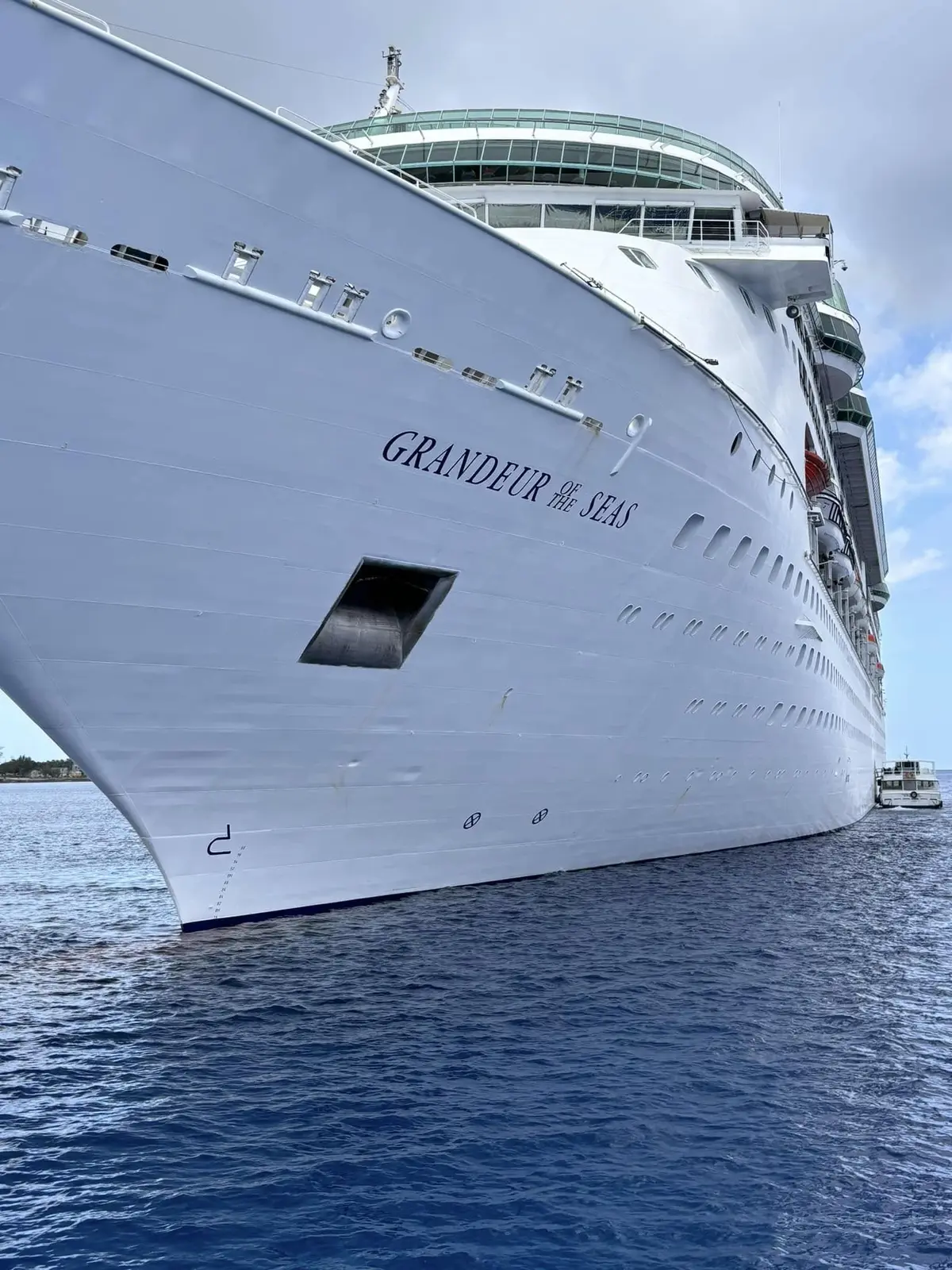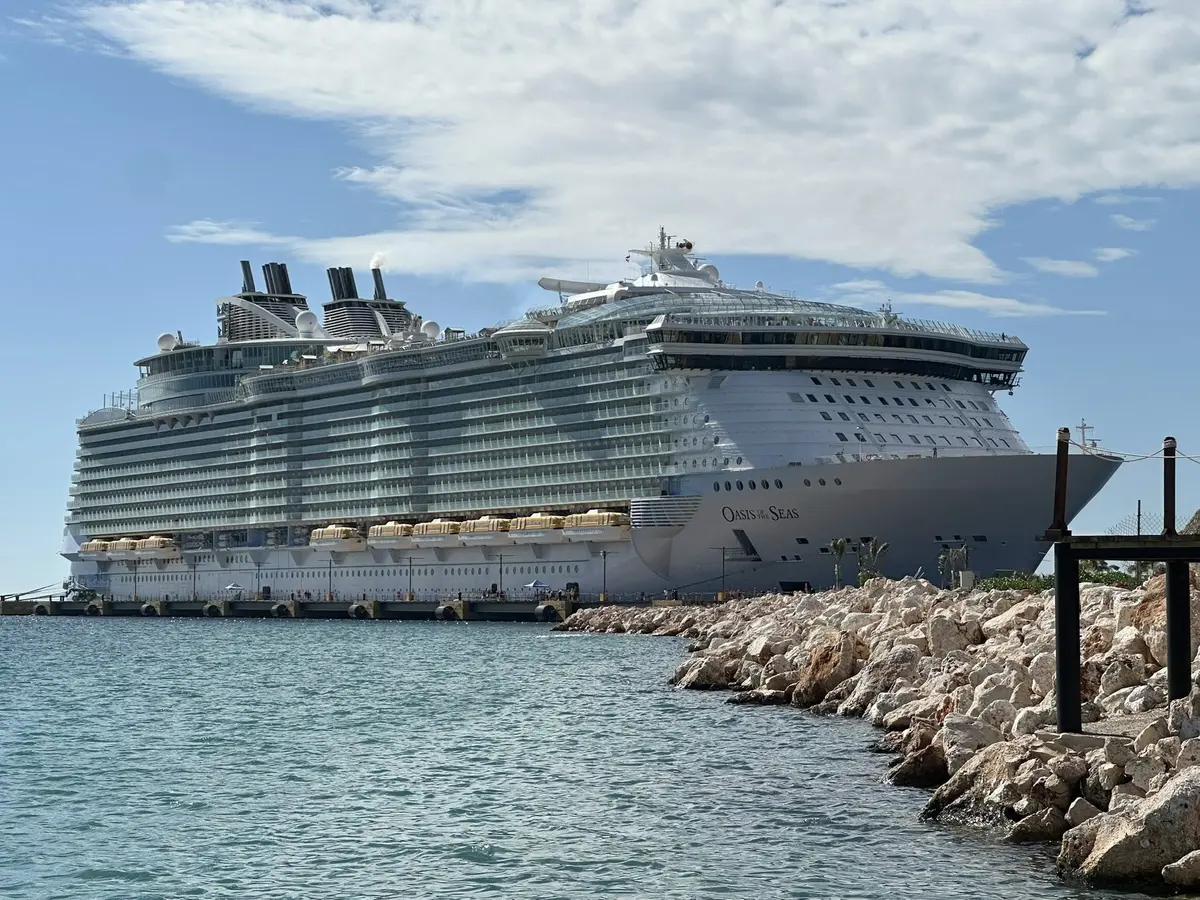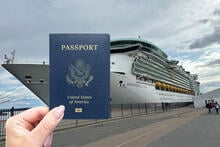Back in 2017, Royal Caribbean introduced non-refundable deposits as a way to offer lower prices to consumers, but it comes with certain restrictions and important rules to know.
I was hesitant to book non-refundable fares for a long time, but I now strategically use them to lock in a lower cruise price.
You could save hundreds of dollars, but you have limited options in changing your mind later.
With the fees that may come with this deposit, I wanted to share the restrictions that exist when booking non-refundable deposit and if these deposits are worth it.
What is non-refundable deposit, and why does it exist?

Similar to airlines or rental cars, Royal Caribbean offers a lower priced deposit option that has penalties for changing it later.
The cruise line will take hundreds of dollars off your cruise fare compared to a refundable deposit if you're willing to agree to the non-refundable terms.
Royal Caribbean added non-refundable fares as a way to incentivize guests to book cruises at a lower price and keep their reservation.

The goal is to prevent last minute changes or cancellations (especially at the final payment date) that would disrupt the ship's inventory for that sailing.
Plus, it acts as a marketing tool to offer lower priced cruises to the public. Those looking for the cheapest fares will see more attractive prices.
Restrictions with a non-refundable deposit

If you're shopping for Royal Caribbean cruise and have the choice of a non-refundable deposit, should you consider booking it? Here are the major restrictions of these kinds of deposits.
Non-refundable deposits won't allow for a cash refund
As the name implies, your deposit is not refundable if you were to cancel.
Cancelling would incur a change fee, with the remaining value after the change fee will exist as a Future Cruise Credit.
Non-refundable deposits have limited flexibility
If you want to cancel or change the ship and/or sail date, you will incur a $100 per guest change fee.
Multiple adjustments to the ship and/or sail date of a booking will result in the assessment of a $100 per guest change fee for each qualifying change made to the reservation. There is no limit on the number of change fees that can be incurred.
All suites are non-refundable deposit

Most staterooms have the option to book non-refundable deposit, except for suites.
All suites are non-refundable deposits and that's because there are so few of them compared to other cabin categories. Royal Caribbean made them non-refundable to ensure guests were not cancelling them at the last minute.
No change fee if you change rooms on the same sailing
You can still upgrade or downgrade your cruise cabin on the same sailing.
No change fee will be assessed upon swapping between category types on the same ship and sail date.
You can switch to non-refundable later

The choice of booking a non-refundable deposit is offered when you book the cruise, but you could change to it later.
Up until the final payment date, guests can contact Royal Caribbean to change from refundable deposit to non-refundable deposit and take advantage of a potential lower fare.
In some cases, a price drop could make it advantageous to switch to non-refundable deposit. And yes, you can do it right up until the final payment date (usually 90 days before the sailing begins).

This strategy works well when booking a cruise a year or more in advance, and then repricing the same sailing right before the final payment date. Once you get just a few months from the start of the cruise, there's a good chance you would know if you're actually going to go on that sailing.
And no, you cannot move from non-refundable to refundable deposit later without essentially cancelling your initial reservation and incurring the change fee.
Are Royal Caribbean's non-refundable deposits worth it?

The answer depends on your comfort level with your travel plans.
How much you value flexibility, how certain you are of the cruise booking to proceed, and if saving money is important to you are all important factors to consider.
The ideal non-refundable deposit is for someone who is completely certain they will go on the ship and sail date they have selected and does not anticipate ever needing to cancel.

Examples could be a vacation during a built-in time off from school or work, honeymoon, or larger family trip.
I've found it's best to book non-refundable fares when your travel plans feel like they're "written in stone".
I think there's more ambiguity when you try to book a cruise over a year in advance, because your wants and needs could change before then.
Of course, how much cheaper a non-refundable deposit is plays a role. Not only is it more attractive to book the cheapest cruise price, but even with a change fee, it may simply be less expensive overall to opt for it.
It's critical to understand when booking non-refundable fares of the penalties that you'd face for changing your mind later.
I almost always book non-refundable cruise fare now because of the cost savings, as well as the fact I rarely cancel my cruise plans.







